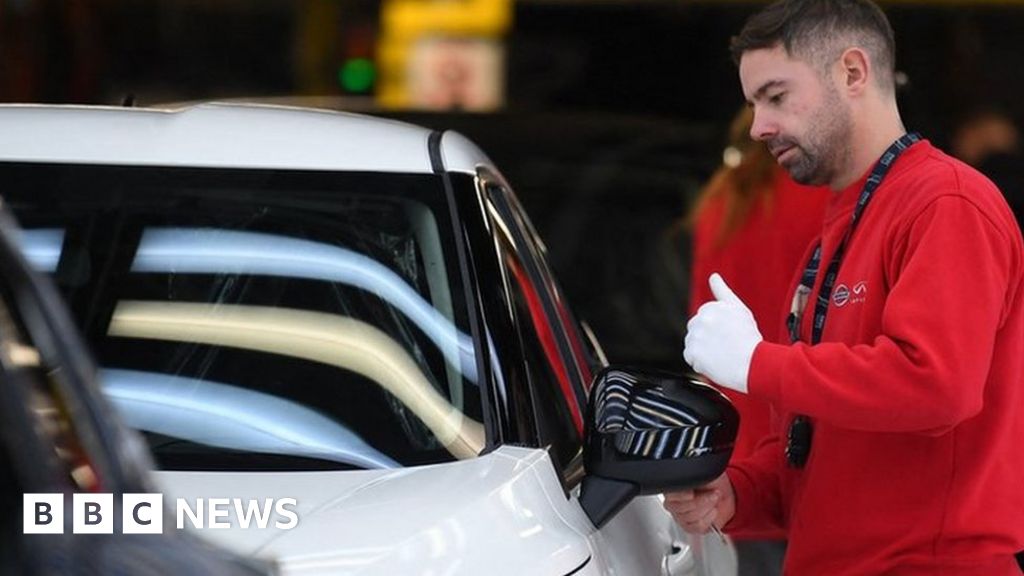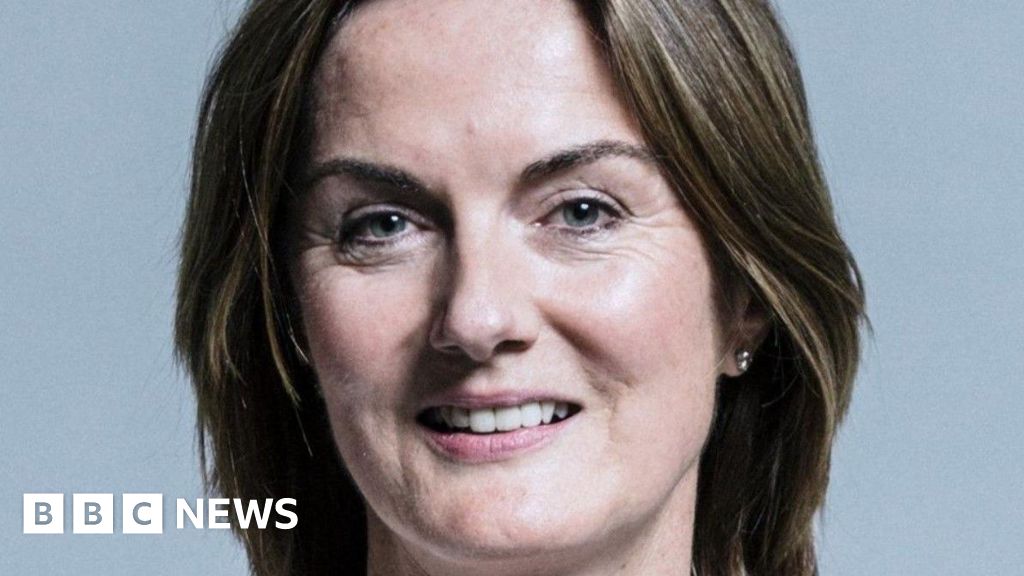On November 5, 2021, PlatON, a privacy-protecting AI network, officially released version 2.0. PlatON 2.0 is an important strategic deployment of PlatON in the next phase. It will create a decentralized AI market by building a decentralized private computer network, thereby realizing a self-organizing and cooperative general AI network.
It is not just a theoretical framework, but PlatON strives to transfer the results of this established research area to new areas such as finance, medicine, smart city and Internet of Things applications and to promote the formation and development of the application ecology of the private computer. In the case of smart cities, intelligent mobile solutions can be provided in commercial real estate in the city center through the use of multi-agent AI digital services on a blockchain basis. The use of AI can optimize the use of resources and reduce the carbon footprint of cities. We assume that the large-scale implementation of the smart city infrastructure will lead to a reduction in carbon dioxide emissions of 34,000 tons per year.
“Data protection has become a turning point in the evolution of AI. With the vigorous development of AI, it also encounters old problems and new bottlenecks. The accumulation of data is increasing and the rate of growth of data is getting faster and faster. However, there is a strange phenomenon that more and more AI companies have no data available and more and more excellent algorithms have no data to train. The advancement of AI needs the support of data ”, said one of the top developers of the data protection AI computer platform PlatON.
He claimed that the platform made AI smarter. The neural network algorithm “deep learning” requires massive data from all sides for training, including structured text and data, unstructured files, images, videos, audio, etc. This data can contain a large amount of sensitive private information. Under the premise that there is currently no data protection, it is difficult to collect the required data from various companies and individuals, and the direct use of this sensitive data protection data also carries legal risks.
PlatON 2.0’s digital encryption technology can encrypt and protect the data and prevent any party other than the data itself from misusing the data without permission. In addition, blockchain can track and record data and protect personal data in real time. PlatON combines blockchain and data protection computing technology to build a decentralized collaborative data protection AI network and global brain to democratize AI and establish safe general AI.
The overall goal will be achieved in three stages. Decentralized privacy computing network that builds a decentralized data sharing and privacy computing base network that connects data owners, data users, algorithm developers and hashrate providers, and offers full-process products and services of AI hashrate and algorithms to AI capabilities and their production, deployment and integration. The decentralized AI collaboration network enables AI to collaborate on a large scale and brings collective knowledge together to perform complex AI services.
With the help of blockchain and private computing technology, anyone can share computing resources in a safe and smooth market, which really lowers marginal costs and significantly lowers social computing costs. PlatON 2.0 was developed for secure data exchange, promotes legally compliant data traffic, breaks the data monopoly and, through decentralization, collects more data of better quality and at lower costs than technology giants.
Above
The application trend of PlatON 2.0 is in development.
To learn more, visit https://www.platon.net work / en





























